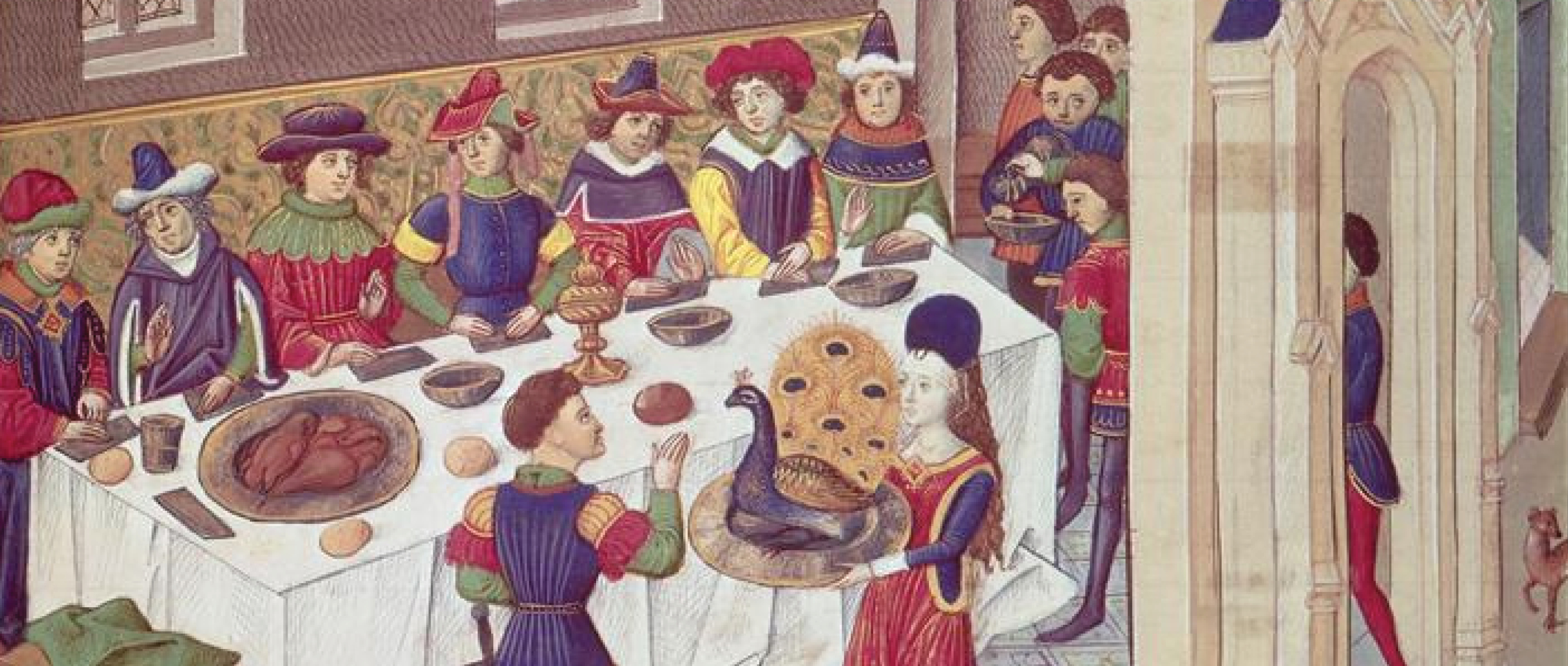From Text to Palate: Literature, Food, and Society in Spain and Latin America

The ancient link between food and books is particularly significant in the Hispanic World where eating has always been essential in defining individuals, groups, cultures, societies, and nations. Through an interdisciplinary approach to Hispanic short texts from a wide range of authors (Abu Hamid, Don Juan Manuel, Cervantes, Josep Plá, Manuel Vicent, Ricardo Palma, Juan José Saer, Pablo Neruda, Rosario Castellanos, Laura Esquivel, Zoe Valdés, Martín Caparrós), this course studies food (everything ingested) as a cultural product concocted by forces such as ritualization, technology, colonization, travelling, (de)globalization, or climate change. We will pay particular attention to the intersections of food with economy (i.e., production and consumption, ethical eating), social class (i.e., abundance vs. hunger, etiquette), religion (i.e., fasting and feasting, gluttony), gender (i.e., kitchen as gendered space), migration (i.e., fusion food), language (i.e., alimentary metaphors), and health (i.e., dietary prescriptions, disorders). Course materials and content will be divided into four modules that represent a four-course menu: Appetizer, First Plate, Second Plate, and Desert.
Accessibility—in terms of topics addressed and types of works studied, affordability and easy access to course materials, and student interests and levels– is a major priority for the courseʼs instructor.
Required readings:
- Coursepack provided in digital format and made available to students with adapted excerpts
Prerequisite: SPAN 221; and SPAN 301 or equivalent expertise in written and spoken Spanish.
Language of Instruction: Spanish